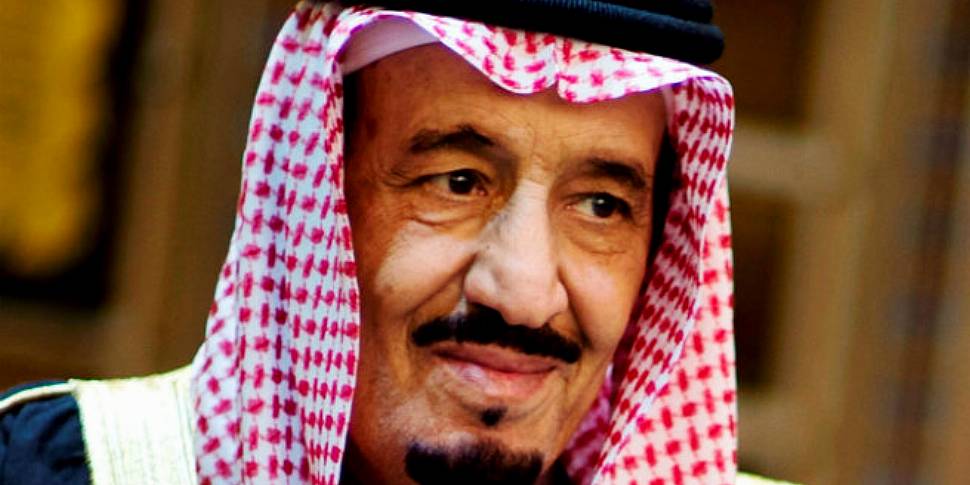A ceremony for Saudi Arabia's new king has been held in the capital Riyadh following his predecessor's death.
King Salman, 79, succeeds his half-brother King Abdullah, who died aged 90 following a short illness after two decades in power.
The new monarch - who runs the world's largest oil producing nation - has announced he will continue the economic and foreign policies of his predecessors and called for unity among Arab states.
"We will continue adhering to the correct policies which Saudi Arabia has followed since its establishment," Salman said.
"The Arab and the Islamic nations are in dire need of solidarity and cohesion," he added.
In a traditional Islamic investiture ceremony that bestows his legitimacy, Salman received oaths of loyalty.
Saudis pledged allegiance to their new ruler, watched over by ceremonial guards bearing swords at a royal palace.
Hundreds of people reportedly lined up outside, waiting to enter and convey their greetings.
Salman, who was the Crown Prince, had represented Abdullah at recent public events due to the late king's ailing health.
Thousands of people have been on the streets of Saudi Arabia mourning Abdullah who ascended the throne in 2005.
Another of his half-brothers Muqrin has been confirmed as the new Saudi Crown Prince.
The Prince of Wales, representing Her Majesty The Queen, and Prime Minister David Cameron are to travel to Saudi Arabia to pay their condolences.
And flags have been flown at half mast at Westminster following the death.
Video images showed Abdullah's body shrouded in a simple beige cloth, in line with Islamic traditions, being carried at his funeral at a mosque in Riyadh.
He was later buried in an unmarked grave in keeping with local religious customs.
Abdullah had run the country as de factor leader since the mid-1990s after his predecessor King Fahd suffered a debilitating stroke.
Abdullah was admitted to hospital on 31 December suffering pneumonia and the royal court announced that he was breathing with the aid of a tube.
World leaders have paid tribute to the king, who encouraged reforms to the oil-rich kingdom including greater freedom for women and economic deregulation.
However there was a limit to how far he was willing - or able - to go, and Saudi Arabia remains the only country in the world where women are not allowed to drive.
The sentencing of the blogger Raif Badawi to 1,000 lashes threw a spotlight on the kingdom's harsh laws cracking down on any dissent against the ruling family.
Western governments - including Britain - have in turn been accused of turning a blind eye to such excesses in return for lucrative arms sales and the continuing flow of Saudi oil.
During Abdullah's reign, he worked to counter the influence of Saudi Arabia's chief rival Iran.
On hearing of his death, Iran offered condolences and said Foreign Minister Mohammad Javad Zarif would travel to Riyadh for an "official ceremony".
Abdullah and his fellow Sunni Arab monarchs also staunchly opposed the wave of pro-democracy uprisings across the Middle East since 2011.
Saudi Arabia has been among several Gulf countries taking part in a US-led air campaign against Islamic State and is also a key US ally in the fight against al Qaeda.
American President Barack Obama is expected to speak to Salman in the coming days.
Saudi Arabia also unflinchingly led Gulf countries in ignoring calls by other producers to cut oil output to curb the sliding price of crude.
Abdullah also launched projects to build new economic cities, universities and high-speed railways.









